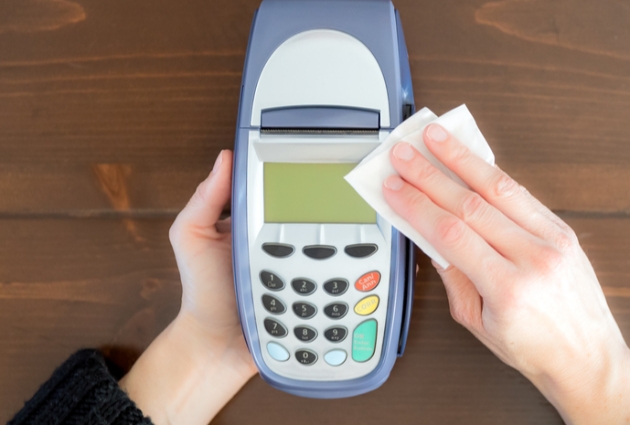Posted by Rachel Westall on 5 October 2020

Findings from our own study of 4,500 consumers in multiple markets, including the UK, have shown that almost half of consumers in the UK have suffered a negative impact on their income due to the pandemic. Yet, as a result of this, almost two thirds of the British public are saving as much or more than they were prior to the crisis. Our data suggests that the majority of the public plan on reviewing their investments and savings, but that almost a third of consumers are planning on spending their saved money over the course of the next six months.
However, the inevitable recession is upon us, so despite many planning on playing a bit of catch up with their spending, 43 per cent of consumers in the UK are going to be more careful with what they spend their money on, and a third are planning on cutting back on non-essential products. Subsequently, many retailers will need to expect a hit on revenues. However, there are areas where potential gains can be made.
2.Don't give up hopes on bricks and mortar
Prior to the COVID-19 crisis, consumers in the UK were purchasing 40 per cent of their products online. During the pandemic, online shopping rose to 56 per cent, however this slight increase doesn't suggest a permanent shift to online . British consumers expect to roll back some of that during COVID-19 increase, and the UK retail economy should only see a 6 per cent increase in the percentage of products bought online compared to pre-pandemic levels.
Retailers should be ready to welcome consumers back in their shops, however not everything will be "back to normal".

Although savvy retailers might be able to make up for lost time, our study has shown that the pandemic has changed what consumers' key drivers for purchase choice are. Price and quality are still key factors for consumers; however, the safety of a product as well as environmental considerations became even more important drivers. UK consumers, in fact, are willing to pay 11.5 per cent more per product for a safe and healthy shopping environment, and 7 per cent more for an ethical store or brand. By adjusting store environments to create a safer shopping experience, retail businesses may be able to attract more consumers.
A recession places many businesses in a vulnerable position and the retail industry has certainly taken a hit. However, the circumstances the retail industry finds itself in are unique. The inability for many consumers to leave their houses and spend their time as they normally would has created a financial buffer for a good portion of the spending public, and there is a chance that will either delay or reduce the severity of the coming few months for many.
As we adjust to the 'new normal', it is the retailers who need to take in consideration the changes in consumer behaviours and accommodate their new values. Only those that will keep consumers' needs at heart will be able to regain competitiveness.